USAID funding spike in Bangladesh raises concerns over political influence
- Update Time : Sunday, February 23, 2025
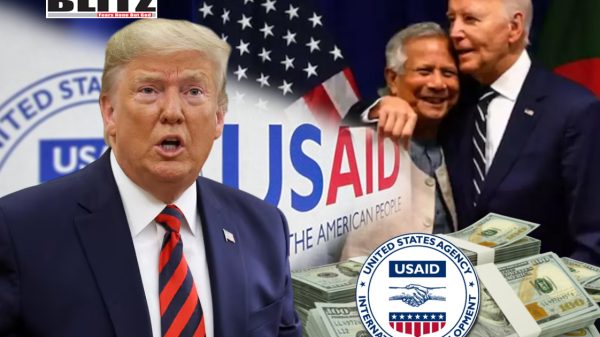
Recent data from the United States government reveals that under President Joe Biden’s administration, Bangladesh has become the largest recipient of American development aid in South Asia, receiving a total of $1.89 billion over the past four years. The majority of these funds were disbursed through the United States Agency for International Development (USAID), with a notable increase directed toward Bangladesh’s government and civil society, particularly during the 2024 election year.
Among 15 countries in South and Central Asia, Bangladesh ranks second in receiving US foreign assistance, surpassed only by Afghanistan, which received $4.82 billion due to the United States’ prolonged military presence and subsequent withdrawal. In Bangladesh, USAID has primarily allocated funds to emergency response, agriculture, and governance, with a sharp rise in funding under the category of Government and Civil Society (GCS).
The data indicates that a significant portion of the GCS funding was allocated in the lead-up to and during Bangladesh’s 2024 elections. In particular, three subcategories under GCS-Democratic Participation and Civil Society, Media and Flow of Information, and Legislative and Political Parties-saw substantial increases.
Funding for Democratic Participation and Civil Society rose from $1.8 million in 2021 to $7.5 million in 2024, marking a more than fourfold increase within three years. Similarly, Media and Free Flow of Information funding increased from just over half a million dollars in earlier years to $7.4 million in 2024. Notably, no funds were allocated for this category in 2023, raising questions about the timing and intent of this sudden increase. Additionally, US support for Bangladesh’s political parties reached $3.1 million in 2024, compared to $1.7 million in 2021.
While the financial breakdown provides insight into the categories of spending, the data does not specify the recipients of these funds. This lack of transparency has fueled speculation about the potential influence of US funding on Bangladesh’s political landscape. Leaders from the now-ousted Awami League government, led by former Prime Minister Sheikh Hasina, have alleged that the United States attempted to sway the election outcome. However, US officials have consistently denied any involvement.
White House spokesperson Karine Jean-Pierre addressed these allegations during a press briefing, stating, “We have had no involvement at all. Any reports or rumors that the United States government was involved in these events is simply false.” Despite these denials, questions persist, particularly given the timing of the funding increases and their concentration in the election year.
Trump denied any role of the US deep state in Bangladesh’s political developments, stating, “There was no role of our deep state. This is something that the Prime Minister has been working on for hundreds of years. I have been reading about it. I will leave Bangladesh to the Prime Minister.” His remarks have added another layer of complexity to the debate, as they suggest a deliberate distancing of US foreign policy from Bangladesh’s internal affairs.
US President Donald Trump also weighed in on the situation during a Governors Working Session on February 21. Trump’s comments regarding the financial support allocated to Bangladesh’s civil society further fueled concerns about transparency and oversight. Referring to a specific case, Trump stated, “$29 million to strengthen the political landscape in Bangladesh. Went to a firm that nobody ever heard of-got $29 million. They got a cheque, can you imagine! You have a little firm, you get $10,000 here, $10,000 there, and then we get $29 million from the United States government. They had two people working in that firm, two people! I think they’re very happy, they’re very rich, they’ll be on the cover of a very good business magazine pretty soon for being great scammers!”
These remarks have intensified scrutiny of how USAID selects its partners and ensures accountability for the funds it disburses. Critics argue that the lack of transparency in identifying the recipients of foreign aid not only raises concerns about potential misuse but also undermines public trust in the stated objectives of promoting democratic governance and civil society.
The year-wise breakdown of the total funds Bangladesh received from US foreign assistance shows that the country received the highest amount during the COVID-19 pandemic, reflecting the global health emergency’s impact on foreign aid allocations. However, the sharp increase in funding specifically for democratic participation, media, and political parties during the 2024 election year stands out as a significant anomaly.
The surge in USAID funding for Bangladesh’s government and civil society during the 2024 election year has broader implications for US-Bangladesh relations. While development aid is intended to promote democratic governance, transparency, and human rights, the timing and allocation of these funds have led to perceptions of political interference. Given Bangladesh’s strategic importance in South Asia, any perception of foreign meddling could strain diplomatic ties and fuel anti-American sentiment within the country.
Furthermore, the lack of clarity regarding the specific recipients of US funds raises questions about accountability and oversight. With allegations of influence and corruption circulating, there is growing pressure on both the US government and Bangladesh’s political leadership to ensure that foreign assistance is used transparently and in accordance with democratic principles.
As Bangladesh navigates its post-election landscape, the implications of this funding surge are likely to resonate in both domestic and international political arenas. The Biden administration faces increasing scrutiny over its foreign aid policies, with critics calling for greater transparency and accountability in the disbursement of funds. Meanwhile, Bangladesh’s political actors must address public concerns about the role of foreign influence in shaping the country’s democratic processes.
Ultimately, the spike in USAID assistance for Bangladesh’s civil society in 2024 underscores the complex dynamics of foreign aid and its potential impact on domestic politics. While the stated goals of promoting democratic governance and human rights are commendable, the timing and opacity of these funding increases have fueled suspicions and raised questions that both governments must address to maintain public trust and ensure the integrity of their bilateral relationship.


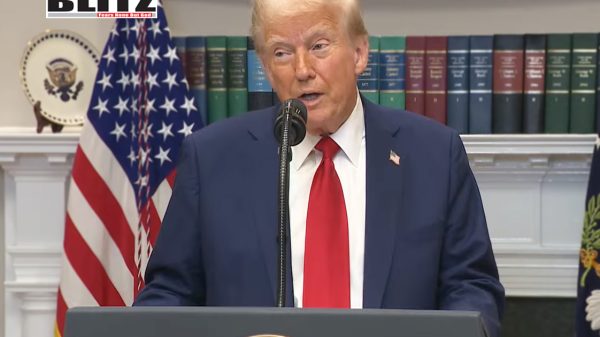
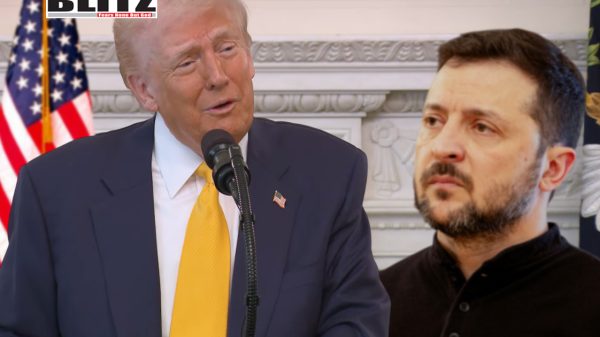
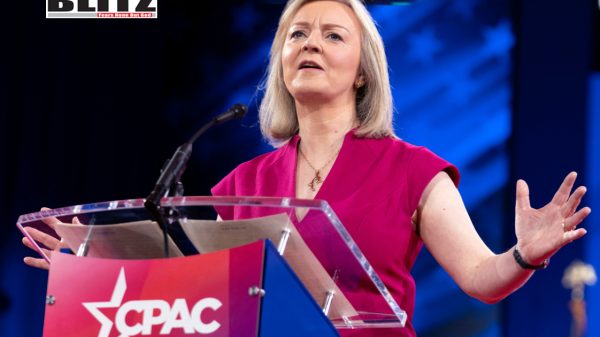

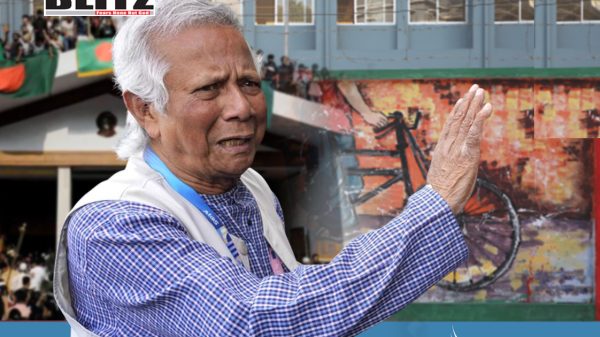

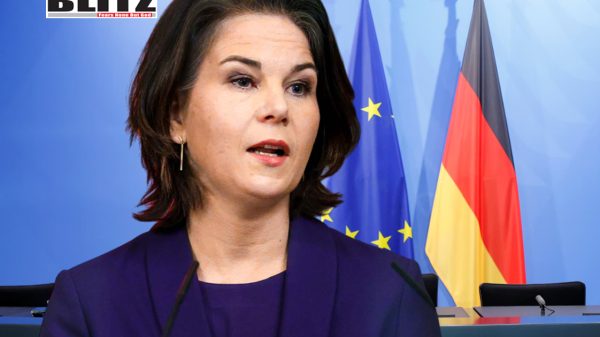
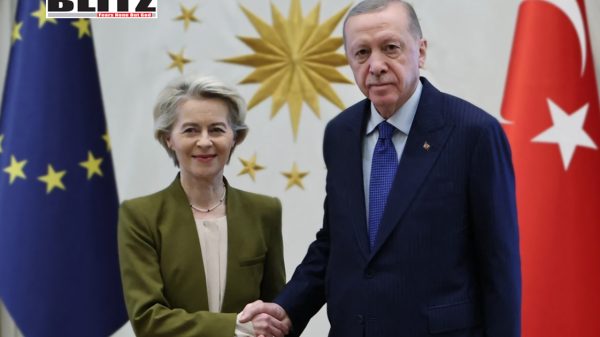
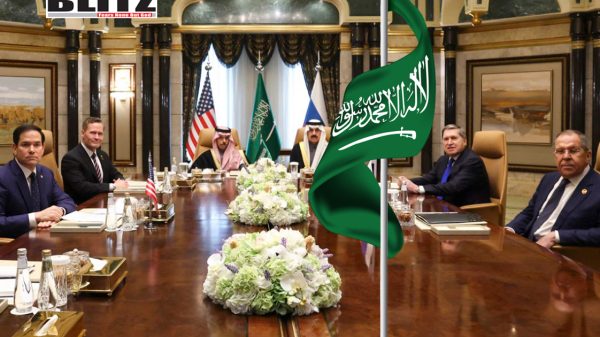



Leave a Reply